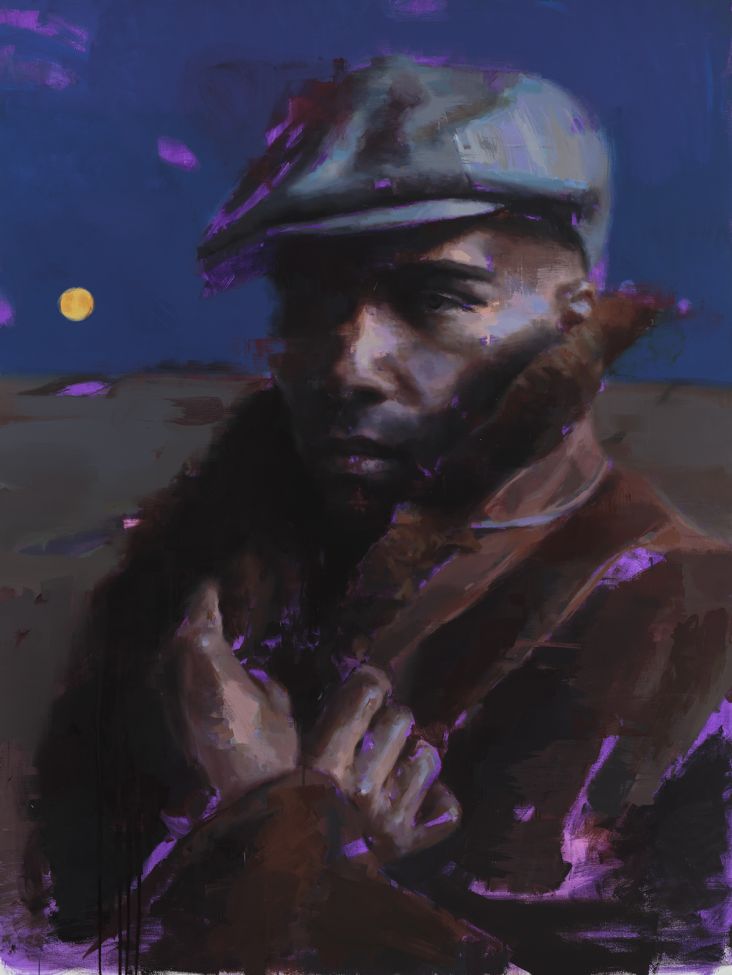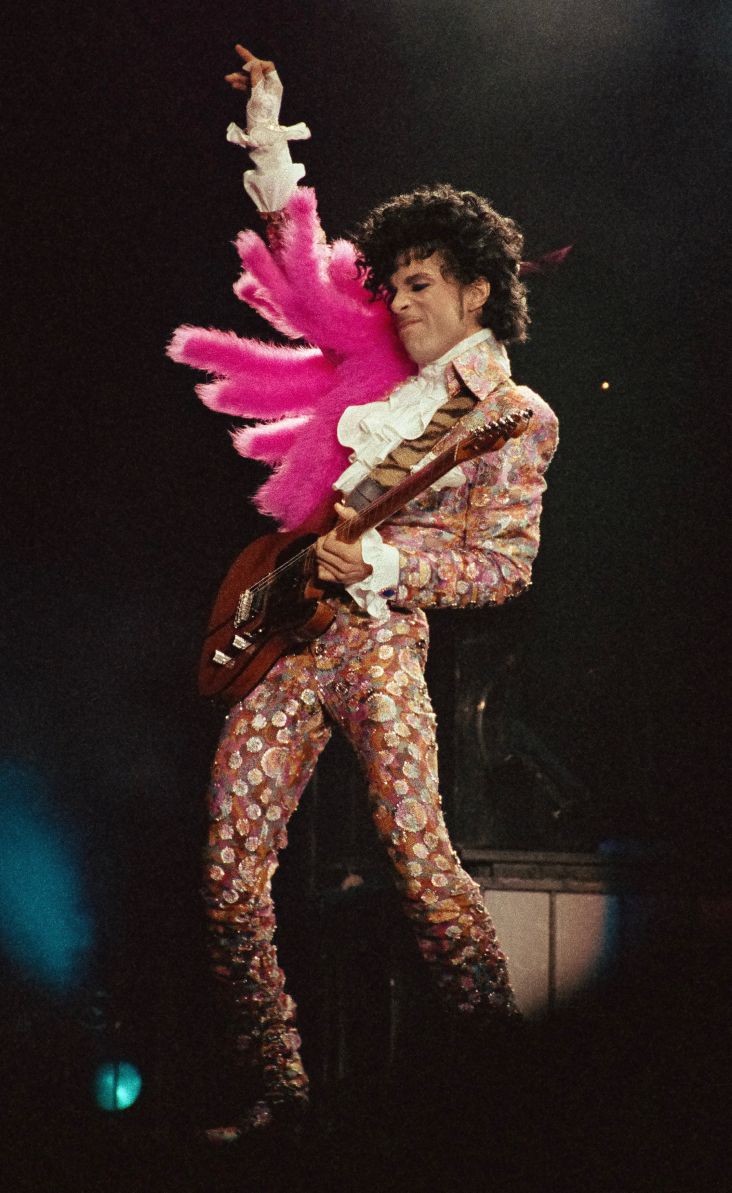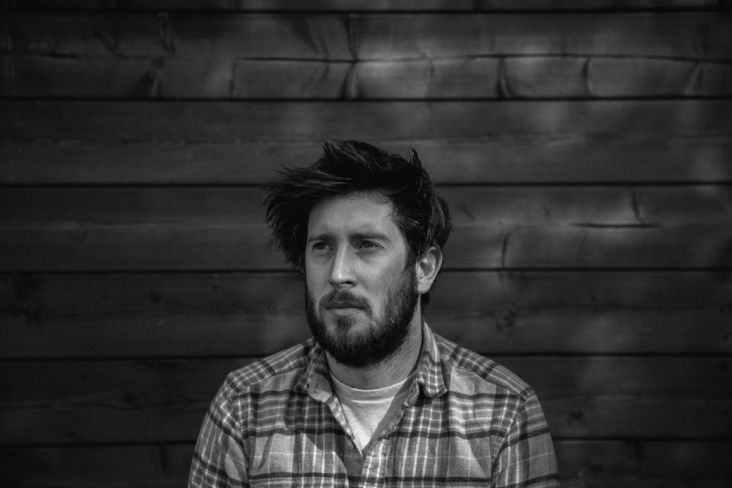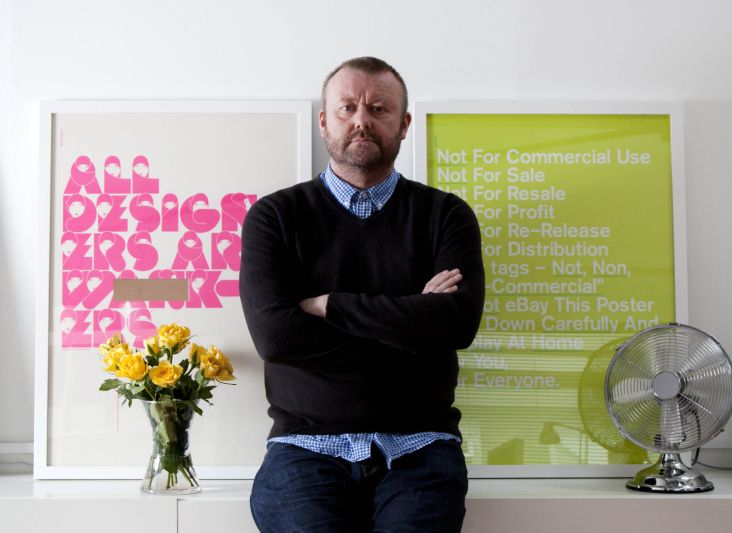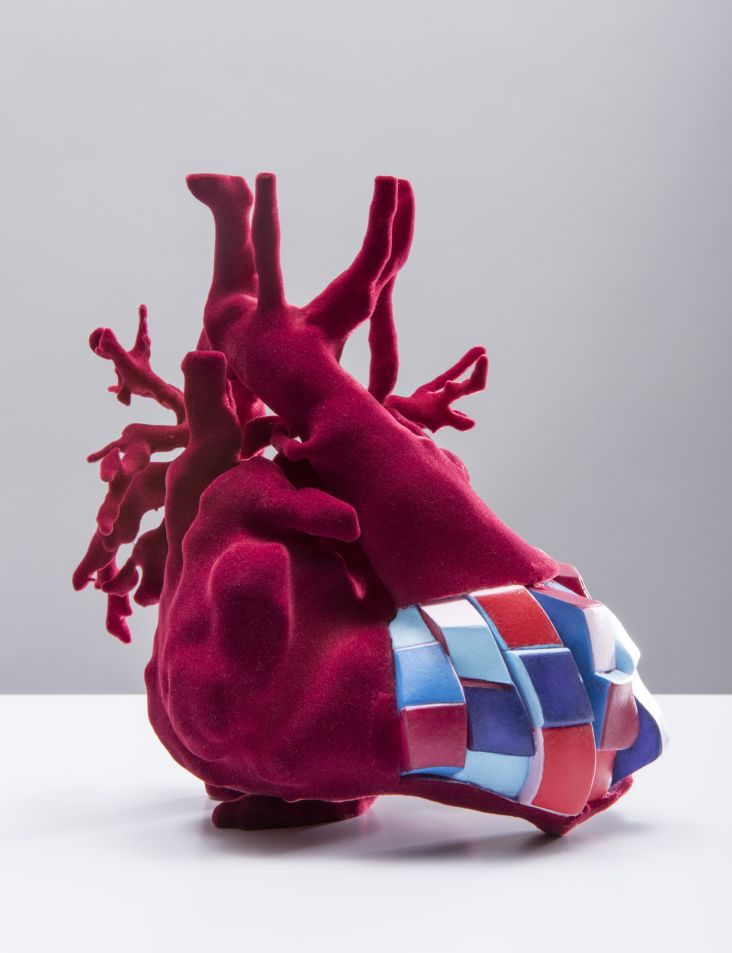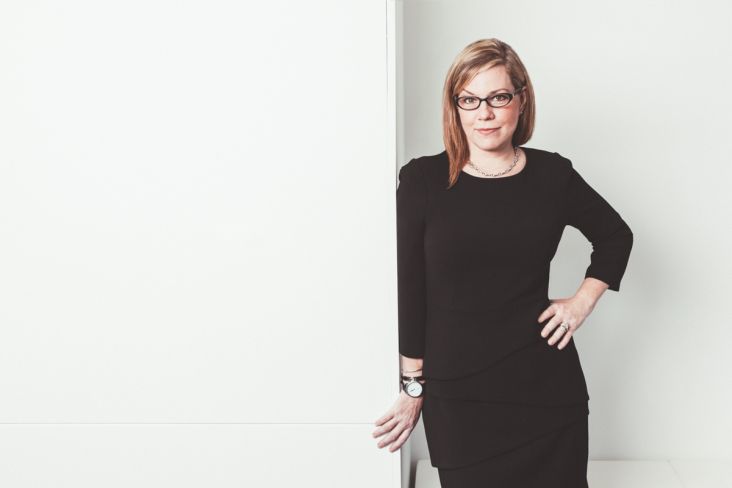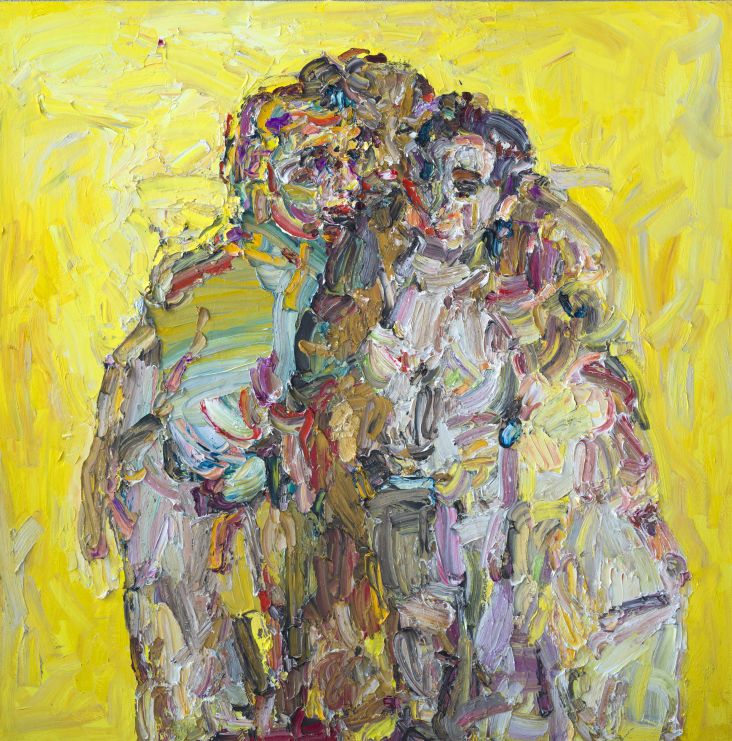Neil Shankar on life at Google, switching careers to pursue design and the challenges of being young
Can you remember what you were doing at 15 years old? I can. I was discovering Nirvana and decorating my Doc Martens with Tip-ex. Neil Shankar, meanwhile, was programming mini-satellites aboard the International Space Station. He then moved from suburban Pennsylvania to California to study Electrical Engineering & Computer Science at UC Berkeley, one of the top five computer science courses in the world.
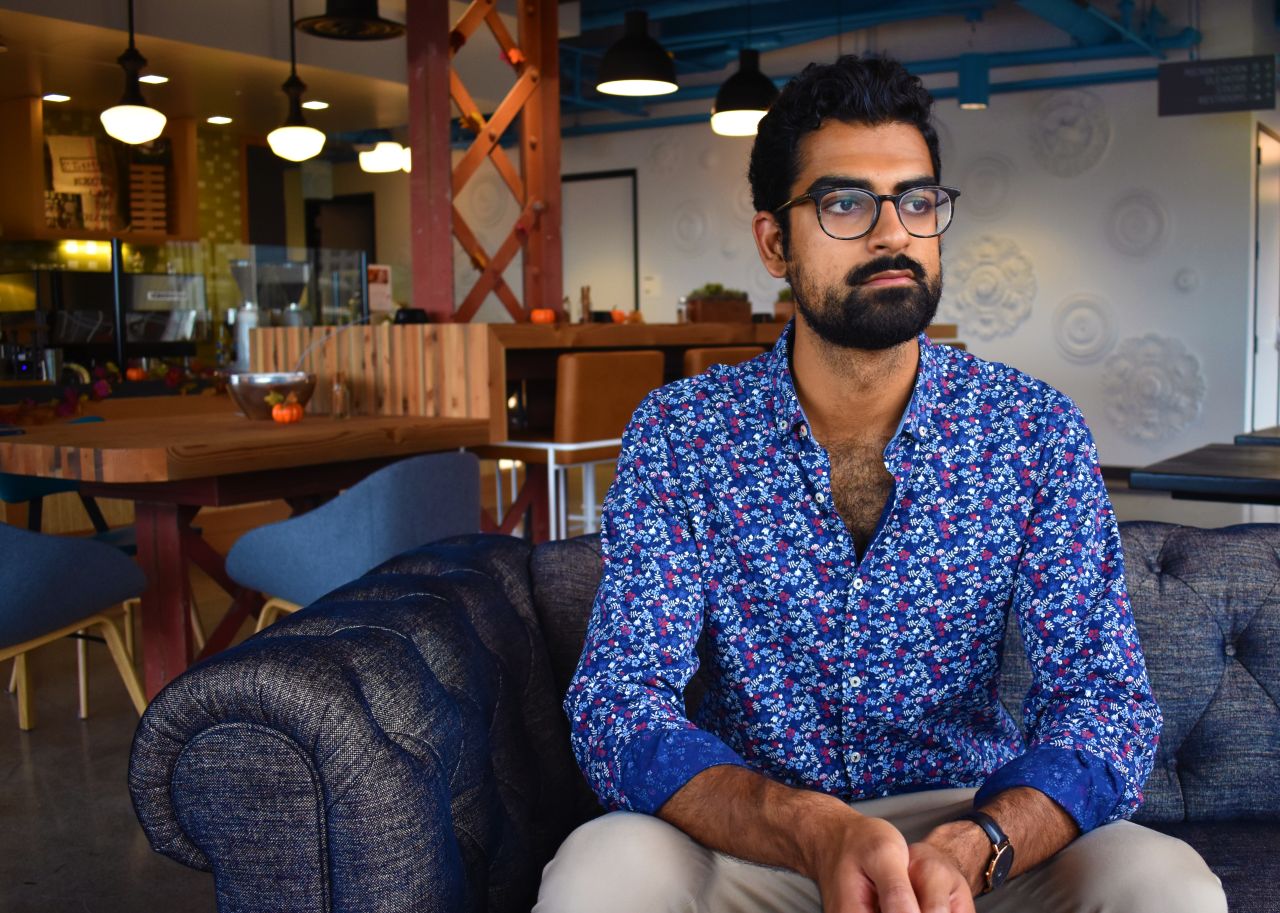
Credit: Layla Mazdyasni
But he didn't stay there long. He left the engineering school to pursue design, creating websites for alcohol brands before he was legally old enough to drink. Neil then joined an internal creative agency at Google a week after his 21st birthday. Today, he designs websites with billions of page views, i.e. Chrome.
Now that you're suitably wondering what you're doing with your own life, you can enjoy finding out more about Neil and what he has in store next.
Is it true you programmed mini satellites aboard the International Space Station at aged 15?
Yes. The MIT Space Systems Laboratory ran a competition in which students were tasked with programming satellites to, say, capture a rogue object free-floating through space, among other things. I did well in the competition, and in the final round, two astronauts aboard the ISS tested everyone’s code on these basketball-sized miniature satellites.
Later that year, I entered the open tournament, in which anyone, of any age, around the world, could compete. I was a finalist and had my code run in space again. Then the team at MIT SSL brought me on as an intern, and I wrote educational tutorials on the physics of programming satellites in six degrees of freedom.
Can you talk us through your career thereafter?
After high school, I moved across the country to study at UC Berkeley, where I had gotten into the Electrical Engineering & Computer Science degree programme.
At the beginning of my first semester, I started an informal apprenticeship at 8tracks, an online music startup, where I cut my teeth on product design. 8tracks and Berkeley were equally important components of my education. I also picked up a few freelance design gigs and then did a summer design internship at Social Print Studio.
At this point, I was sold on pursuing design as a career and grew increasingly frustrated with the abstract, theoretical take on computer science I was being made to study.
During my second year, 8tracks formally hired me to do design and front-end development. I became confident that my computer science programme was holding me back, so I dropped it.
It’s easy to say now, but leaving the programme was one of the more agonising decisions I’ve made in my life. I don’t look back on those months fondly. I struggled to figure out the next move, and eventually picked up an individualised major that would put me on track to graduate a year early.
I was laid off at 8tracks but continued taking on design gigs in addition to classes. During my last semester, I worked with the administration to create the Berkeley Certificate in Design Innovation, the university’s first official design curriculum.
After I graduated, I began freelancing at Flavor Group, a small creative agency in San Francisco. Though I loved working at Flavor Group, I left after a few months to join Left Field Labs at Google.
What was it about design that moved you away from software development?
It’s not necessarily an either-or scenario. Design and development are two sides of the same coin. I’ve always liked making things. When I saw those astronauts run my code in space, it felt like I had made something tangible. I took a nebulous thought and then I concretised it and put it out into the world. I feel the same way about design. It’s another form of output, though with more creative decision-making. And I feel creative. So design suits me.
What kept you busy in your first few years in design?
School kept me busy. Because Berkeley didn’t have a design programme, I spent most of my free time teaching myself about design. There’s an extent to which I lack intrinsic motivation, so I forced myself to learn by jumping head-first into contract gigs.
Now that I design full-time, people ask me what I do for fun, or what I do outside of work, and I kind of draw a blank. I realise I don’t really have many hobbies. I do play chess nightly, though I’m not as good as I’d like to be.
So by 21 you were working for Left Field Labs at Google. What does a typical day look like there?
I really wanted to start before I turned 21, for nothing other than vanity. But I needed time to wrap my project with Fernet-Branca and ended up starting a week after my birthday. Left Field Labs has me embedded in an internal agency at Google called Creative Engineering. Our “clients” are Google marketers, for whom I design marketing websites. These sites get billions of hits, which I find exciting.
I get a lot of face time with our clients, which I understand is not typical for a young designer. I enjoy the face time, though the best days have fewer meetings and more time to make.
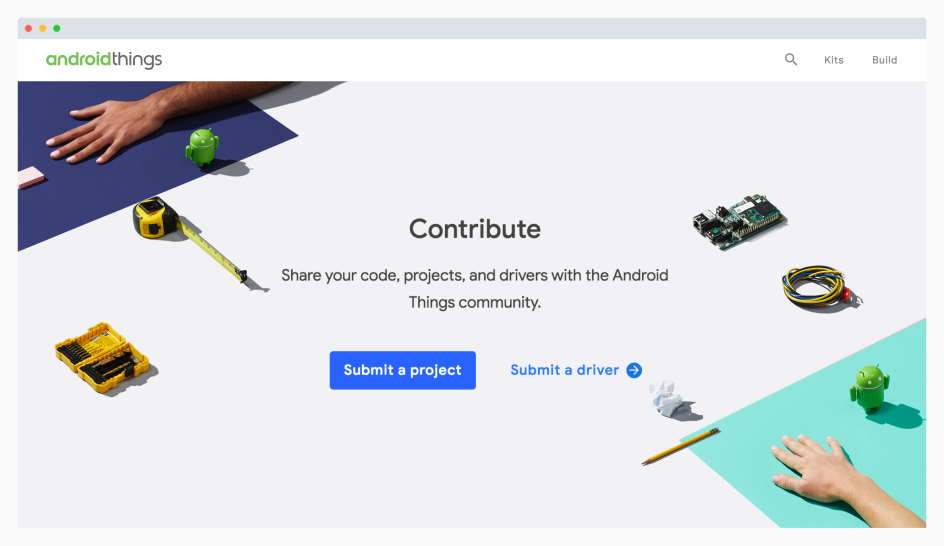
Do you have a process?
In theory, I see the value in starting with a blank canvas, though it doesn’t really work for me. I follow a research-intensive process. I’ve never encountered a problem that’s uniquely and totally new — not in UI design nor in any other aspect of life.
So I start by choosing a part of the problem and saying, who has done this before? What worked for them? I build from there. Then, when the work is good, we shift gears and sell, sell, sell, so that at least some of it sees the light of day.
Is there anyone you particularly admire?
Jessica Walsh. She has a background in computer science as well. And then became a partner by 25 years old. With Sagmeister! I find her so impressive. And her aesthetic sensibility speaks for itself.
What current challenges are you facing?
I still face the obstacle of age. I’m 22 and I’ve been out of college for just over a year. Professionally, a lot of people perceive that as infantile. And in some regards, it is. I never partook in the era of Flash animations or MySpace HTML, and that is disadvantageous.
But that’s no reason to delegitimise the work I did before graduation. That’s no reason to take me less seriously. Being taken seriously as a young person is an uphill battle. It does help that I’m tall and bearded and have a deep voice.
Do you worry about the other side of this? As there seems to be an age limit in Silicon Valley.
Yeah, I get that my life kind of plays into this trope of the techy guy in sandals and what not. I know people who are CEOs by title, but they’re my age, and they manage teams of like, six people. That’s problematic. That dilutes the whole industry.
I think about it more in terms of imposter syndrome. A lot of us in this industry feel like we’re kids playing grown-ups. I haven’t thought very much about what that does to the real grown-ups. I wonder what we could do about that.
You're a big believer in creative empowerment – that roles aren't so easily defined or separate. Is everyone a designer?
I’m wary of — and also guilty of — using “is” statements. Action statements allow for more complexity of identity. “I am a designer” vs. “I design.” “I am a developer” vs. “I code.” So, is everyone a designer? Probably not. Does everyone make creative decisions? Yes, all the time. In this way, titles can be very exclusionary.
Can you provide examples of where this thinking has helped at Left Field Labs?
Everyone is encouraged to participate in our brainstorms and feedback sessions. Good ideas and good observations can come from anyone. This makes the work better.
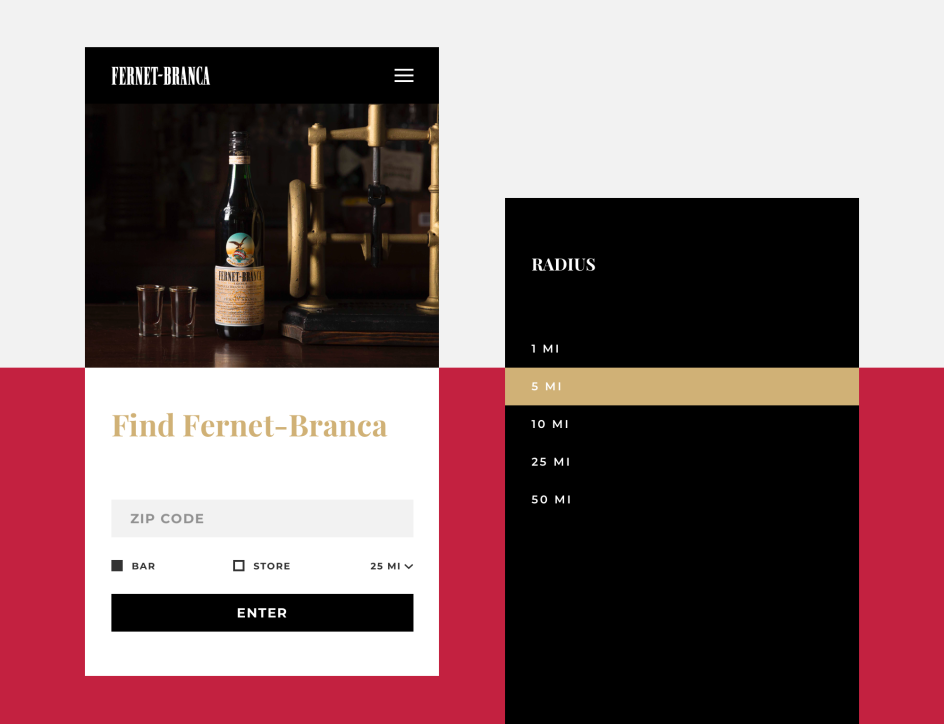
Talk us through a recent project
A few months ago, I teamed up with Flavor Group again to design the website for Deep Eddy Vodka. In many regards, it was a dream project. I had worked with the same talented people to put together Fernet’s site. Our deadlines were comfortable. The client didn’t throw any big curveballs.
But I ran into the challenge of designing for a brand that I don’t identify with. I’m not outdoorsy; I’m not adventurous; I don’t drink vodka. At first, I didn’t take that into consideration, and my first few executions were misses. So I worked on it for a few weeks and ended up with a solution that fits the brand. But it doesn’t fit my taste. I can’t look at my own work and say that it looks good to me. That’s hard.
I think about people like Malika Favre who don’t really conform to the brands they work with. Malika essentially uses the same illustration style in every client project. And why shouldn’t she? The illustrations are strikingly beautiful and so distinctively hers. But part of me says, that can’t be a good solution. I would have loved to design Deep Eddy to be meticulous and structured and rigid. That’s me, but that’s not the brand.
With such a successful career so far, what advice can you give to others just starting out?
I wrote a piece titled “A bohemian handbook for aspiring UX designers,” which was well-received. I think there are some good notes in there, but in hindsight, I question whether I’m in a position to give advice at all.
Recently I’ve put more effort into internalising the role of chance in my career, and how I’m here because certain key events circumstantially worked in my favour. Maybe that’s my way of describing luck without using the word. That said, I do believe fortune favours the bold.
Where did you get your own work ethic from?
My parents definitely instilled in me a sense of hard work. At the very least, that’s the source of my studiousness. There were also a few years in which I almost exclusively read books about working smarter. Tim Ferriss, Josh Waitzkin, David Allen. I think I needed to read so many books because I don’t have that voice in my head that says, "Do this because you should." I question things far too much for that. And that can really get in the way, in terms of motivation.
I’ve always struggled with motivation. I’m not the kind of person who gets up at 5:30 AM and exercises before breakfast. I wake up 20 minutes before I need to leave my apartment for the day. I’m not good with that kind of discipline.
That said, I’m good at following my interests, and I don’t do well with boredom. The best way for me to escape boredom is to do something interesting. I get bored easily, so I keep doing things that interest me. That’s been a big motivator in my life.
What's next for you?
For many years I was very bookish, and let academia guide my life choices. Now I find myself thinking more critically about my long-term (and big-ticket) commitments. I haven’t ruled out grad school. Regardless, I’m always taking on freelance work. And, chess.

















](https://www.creativeboom.com/upload/articles/03/037765ddc5263e65b7f872aeba1595b3a5c559ff_732.jpg)
